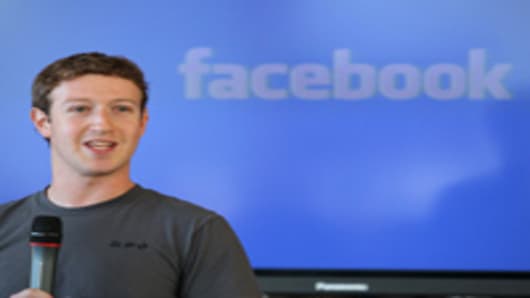When Yahoo went public in 1996, all of the 2.6 million shares sold were new issues from the company rather than shareholders. When Netscape went public in 1995, the company sold 5.7 million shares – none of which came from existing shareholders.
Of course, today’s tech tycoons and investors still have a lot of wealth tied up in their companies. Virtually all of Mark Zuckerberg’s proceeds will go to paying taxes rather than raising personal cash. And many Facebook’s employees and early shareholders are barred from selling shares for at least six months.
The three founders of Groupon, including its CEO Andrew Mason, announced that they’re not planning to sell any of their stock when their lockup expires on June 1. The statement may be aimed at avoiding the fate of LinkedIn, which saw its shares fall after employees and other early equity holders unloaded their shares en masse.
Yet wealth-management experts say the sales show that today’s tech titans and venture capitalists are undergoing a fundamental shift when it comes to managing their wealth. They’re still betting big on their companies – but they are also taking cash off the table just to be safe.
“This new group is much more educated and thoughtful about how to manage and protect their wealth,” said Lee Hausner, an adviser to wealthy families and a senior managing director with California-based First Foundation Advisors. “They learned from the dot-com crowd that everything that goes up can come down. So they’re selling and diversifying.”
-By CNBC's Robert Frank
Follow Robert Frank on Twitter: @robtfrank




